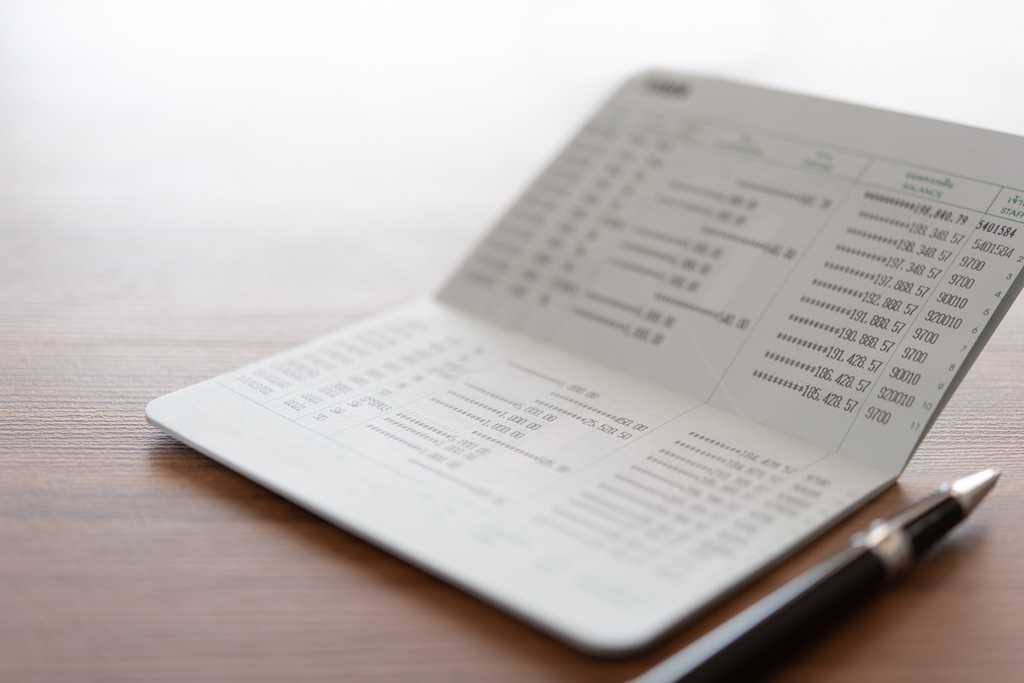A Money Market Account (MMA) is a type of savings account that has additional benefits not offered with traditional savings accounts. This includes check-writing and debit card privileges, which means you can access the funds more easily if you need to.
An MMA account traditionally offers a higher interest rate than a regular savings account, but that isn’t always the case in today’s market.
If you are looking for a safe place to keep your hard-earned money, but neither a checking or a traditional savings account seems like a good option? Consider a money market account instead.
How does a money market account work?
You can open a money market account at any bank or credit union — brick-and-mortar or online. When you deposit your money in an MMA, it is insured by either the Federal Deposit Insurance Corporation (for banks), or the National Credit Union Administration (for credit unions).
With traditional savings accounts, you can access your money if you need it, but to do so you’ll need to do a transfer online or in person. With a MMA, you can use a check or a debit card to withdraw funds from your account up to six times per month without penalty. That makes it easier to access your money if you find yourself in a bind and need to pay an unexpected bill.
MMAs often have a higher interest rate than a regular savings account. That is because they are allowed to invest your funds into certificates of deposit, government securities, and commercial paper, which makes them more lucrative to a financial institution. Traditional savings accounts are not able to do this with your money, which means they accordingly come with lower interest rates.
Pros and cons of a money market account
As with any type of bank account, MMAs have their share of benefits and drawbacks. Here are a few of the main pros and cons of this type of account.
Pros
- Money market accounts have check-writing and debit card privileges, which means you can access your money more easily in case of emergency. You can make up to six withdrawals per month without paying a penalty.
- MMAs will often have higher interest rates than traditional savings accounts, so your money can grow more quickly.
- MMAs are insured by the FDIC (for banks) or NCUA (for credit unions), which means you won’t lose your savings if your financial institution goes out of business. This insurance covers up to $250,000 per depositor per bank.
Cons
- Having easy access to your savings funds in an MMA means you might be more easily tempted to spend the money than you would if it were housed in a traditional savings account.
- You usually need a larger sum of money to open an MMA than you would a regular savings account, and the financial institution will likely require you to retain a higher minimum balance to keep your MMA open.
- If your MMA account falls below the minimum balance your bank or credit union may charge you additional fees.
- You may find that you can get a comparable interest rate with a regular savings account.
Money market accounts vs. alternatives
If you are trying to decide between a money market account or another type of savings account, it’s important to understand how each works so you can choose which option is best for you.
Money market accounts
A money market account can offer a higher interest rate than regular savings accounts, but you’ll likely be required to make a larger initial deposit and keep a higher minimum balance than with other types of accounts. And while you will be able to write checks or pay with a debit card using funds from your MMA, that might make it too tempting to spend money on things you don’t need.
An MMA is a good option if you want to save a larger sum of money and get a higher return, but still want to be able to access the funds if you need them.
Traditional savings accounts
Traditional savings accounts typically offer lower interest rates than MMAs, but you can open one more easily with a small sum of money if you’re just getting started. In order to use money from a traditional savings account, you’ll need to make a transfer into your checking account either online or in person at a bank branch, or withdraw the money at your bank. But while your savings are harder to access, that means you’re less likely to spend the money on frivolous purchases.
A traditional savings account is a good option for most bank and credit union customers who want to help their savings grow.
High-yield savings accounts
A high-yield savings account is similar to a traditional savings account but with a higher interest rate. If you’re considering a traditional savings account, it’s worth asking your bank or credit union whether they offer a high-yield account, and if so, what the terms of the account are. They might require you to keep a larger balance, for example, which isn’t an option for many savers.
A high-yield savings account is a good option if you want to get the most return on your savings as possible.
Certificates of deposit
Certificates of deposit, or CDs, are a different type of savings account that offer the highest interest rates. When you open a CD, you will choose a term that works for you, such as 6 months or 5 years, and your money will be inaccessible during that term. Once the term ends, you can either withdraw money from a CD or roll it into a new CD with the same term as the previous one so it can keep growing.
A CD is a good option if you have a sum of money you want to save for a specific amount of time and don’t want to be able to spend it. You might open a CD to save money if you’re planning to buy a house in the next few years, for example.
How to choose a money market account
If you’re ready to open an MMA, your first stop should be your current financial institution. Ask what their interest rates are for MMA, and whether they have a monthly fee. You’ll also need to know what their minimum balance requirements are, as well as the amount you’ll need in order to open an account.
Once you have this information from your bank and credit union you can use it as a baseline to shop around and see if you can get a better deal elsewhere.
Frequently asked questions
If you still aren’t sure if a money market account is for you, read on to understand more.
Are money market accounts worth it?
If you have the funds to meet the minimum balance requirements for a money market account, it may be worth opening this type of account in order to secure a higher interest rate for your savings. But if you don’t need to have access to that money in case of emergency, you may be better off putting your money in a CD with a higher interest rate.
If you need to be able to access your money at any time, a money market account is the way to go. While with traditional savings accounts you’ll need to transfer your money, with an MMA you can simply write a check or pay with your debit card.
Are money market accounts safe?
Money market accounts are insured by the FDIC or NCUA up to $250,000, which makes them a safe bet. If the economy goes through a recession and your bank or credit union goes under, you can rest assured that the money in your MMA is safe.
Just remember that the $250,000 limit is per bank or credit union. So, if you have more than that amount spread out over your checking, savings, and CD, it will not all be covered by insurance. If you fall into this category, it’s a good idea to put any money over that limit into an account at a different bank or credit union to make sure it’s covered by FDIC/NCUA insurance.
Can you use a money market account instead of a checking account?
An MMA is a good savings option, but it shouldn’t replace your checking account. Since MMAs are limited to six penalty-free transactions per month, chances are you will exceed that if you’re using it for other expenses like groceries, gas, and entertainment.
Instead, use your checking account for your everyday expenses and keep your MMA funds for true emergencies, such as an unexpected car repair or medical bill.
Are money market accounts worth it?
A money market account is a good option if you’re looking to build a savings account that you can easily access for emergency expenses. They tend to offer a higher interest rate than traditional savings accounts, as well as check-writing and debit card privileges. But if you don’t need to easily access your money, consider a CD or high-yield savings account instead.

